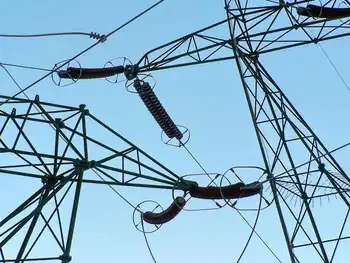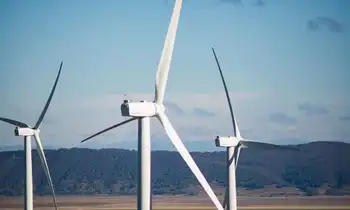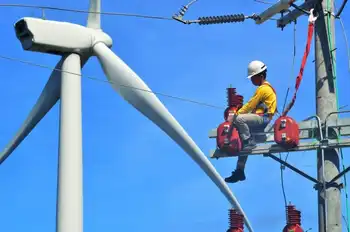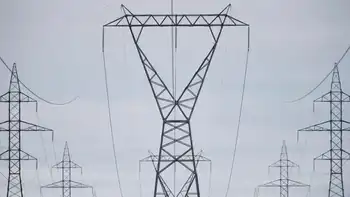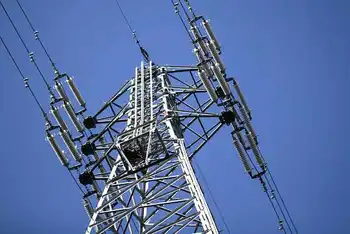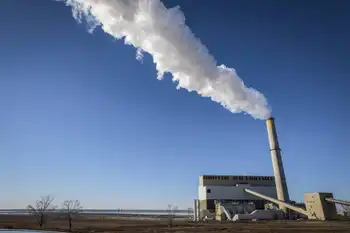Energy industry reacts to EPA climate ruling
By Associated Press
CSA Z463 Electrical Maintenance -
Our customized live online or in‑person group training can be delivered to your staff at your location.

- Live Online
- 6 hours Instructor-led
- Group Training Available
Almost all energy and energy intense industries hope that Congress will step in with new climate laws, namely through a cap-and-trade system that limits greenhouse gas emissions while allowing companies to buy or sell emissions credits.
If not, companies say, jobs will be lost, an economic recovery will be hamstrung and everyone will pay more for energy.
Here's what some are saying about the EPA announcement:
U.S. Chamber of Commerce
Chamber President and CEO Thomas J. Donohue said EPA regulations could lead to "a top-down command-and-control regime that will choke off growth by adding new mandates to virtually every major construction and renovation project."
"The devil will be in the details," Donohue said.
The U.S. Chamber of Commerce represents 3 million businesses and is dominated by small companies with 100 or fewer employees.
National Association of Manufacturers
Keith McCoy, Vice President of Energy and Resources Policy, said an EPA regulation on its own would make energy more expensive and force manufacturers to cut jobs.
"Unemployment is hovering at 10 percent and many manufacturers are struggling to stay in business," McCoy said. "It is doubtful that the endangerment finding will achieve its stated goal, but it is certain to come at a huge cost to the economy."
The National Association of Manufacturers represents about 11,000 companies worldwide.
The American Petroleum Institute
The main lobbying group for oil and gas companies called the EPA announcement a political maneuver, burnishing President Obama's environmental record ahead of the Copenhagen climate summit. The Clean Air Act was not meant to regulate greenhouse gases, said API President Jack Gerard.
U.S. oil and natural gas companies spent $58 billion between 2000 and 2008 on technologies to reduce greenhouse gas emissions, Gerard said. That's "more than either the federal government or all other U.S.-based private industry combined," he said.
API represents oil and natural gas companies, which supply more than 60 percent of the nation's energy.
National Petrochemical & Refiners Association
President Charles T. Drevna also attacked the timing of the announcement, saying that the EPA based its decision on "selective science" that fails to account for the impact on the economy.
"It is hardly the time the risk the remainder of the U.S. industrial sector in an attempt to achieve a short-term international public relations victory," Drevna said in a statement.
NPRA represents nearly all U.S. refiners and petrochemical companies that supply filling stations with gasoline and their products make up everything from diapers to auto parts.
Edison Electric Institute
EEI says that Congressional climate legislation could achieve the same results without wreaking economic harm to industries and consumers. Congressional climate bills include a cap-and-trade system that would allow utilities to ease into the carbon market, buying carbon allowances to help meet emissions targets.
In pending House and Senate bills, "emissions cuts are made where they are the cheapest. That can't happen under the Clean Air Act," EEI spokesman Dan Riedinger said.
EEI represents power companies that provide the majority of the electricity generated in the U.S.
National Mining Association
The main lobbying group for mining companies hasn't stated a preference for EPA regulation or new federal laws that govern carbon emissions.
"There are clearly pitfalls with each approach, but we've never thought the Clean Air Act was well suited for a sweeping regulatory program that some envision," association spokesman Luke Popovich said.
Coal mining companies provide the primary energy source for powering America's electricity grid.





